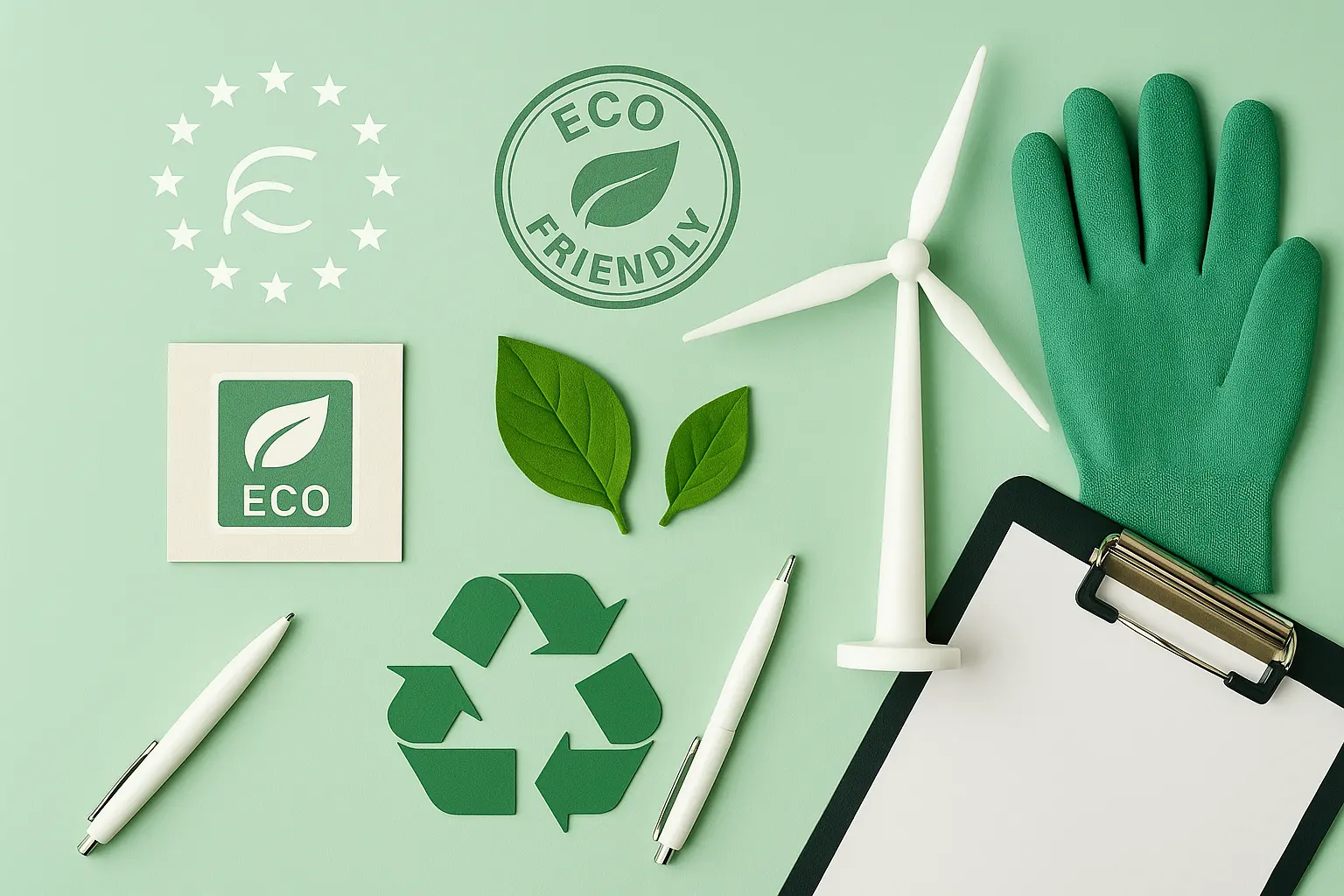Eco Product Certification
The term Eco Product Certification refers to a process where products are evaluated and certified based on their environmental impact. This certification is designed to ensure that the product meets specific ecological criteria, thereby promoting sustainable development. Eco certifications can be awarded by independent third-party organizations that adhere to internationally recognized standards such as ISO 14020 series or ASTM D7986.
For quality managers and compliance officers, ensuring that products meet eco-labeling standards is crucial for maintaining a competitive edge in the market. R&D engineers can leverage this certification process to innovate sustainable solutions while adhering to stringent environmental regulations. For procurement teams, understanding the parameters of eco-product certification helps in selecting suppliers who adhere to green practices.
The process involves several stages: initial assessment, product testing, and compliance review. During the initial assessment, products are evaluated based on their lifecycle stages—from raw material extraction through manufacturing, distribution, use, and disposal. Testing is conducted using various methods tailored to each stage of the lifecycle, ensuring that all environmental impacts are comprehensively addressed.
The acceptance criteria for eco-product certification vary depending on the specific standard. For instance, ISO 14025 requires products to demonstrate a reduction in greenhouse gas emissions or energy consumption. ASTM D7986 focuses on the biodegradability of materials used in packaging and other consumer goods. These standards provide a framework that allows for consistent evaluation across different industries.
Once all criteria are met, a certificate is issued to the manufacturer or supplier, indicating compliance with the specified environmental benchmarks. This certification not only enhances brand reputation but also aids in regulatory compliance, thereby protecting businesses from potential legal issues.
In summary, eco-product certification plays a pivotal role in promoting sustainable practices within industries. By adhering to these rigorous standards, companies can contribute positively to environmental conservation efforts while maintaining market competitiveness.
Industry Applications
| Industry Sector | Eco Product Certification Application |
|---|---|
| Consumer Goods | Testing of packaging materials for biodegradability and recyclability. |
| Textiles & Apparel | Evaluation of fabric dyes and finishes for their environmental impact. |
| Electronics | Assessment of energy efficiency in consumer electronics devices. |
| Automotive | Testing of tires for rolling resistance and fuel consumption. |
The application of eco-product certification spans across various industries, each with its unique requirements. For instance, in the consumer goods sector, packaging materials are subjected to rigorous testing to ensure they can be easily recycled or composted without harming the environment. In textiles and apparel, dyes and finishes must undergo evaluation to minimize water pollution during manufacturing processes.
In electronics, energy efficiency is a key focus area as it directly impacts both consumer utility bills and carbon footprint. The automotive industry also benefits from eco-certification through testing of tires, which helps reduce fuel consumption and improve vehicle performance while minimizing environmental impact.
These certifications are essential for manufacturers and suppliers who aim to meet the growing demand for sustainable products in the market. By adhering to these standards, they can ensure their offerings contribute positively towards environmental conservation efforts globally.
Quality and Reliability Assurance
The process of eco-product certification ensures not only compliance with environmental regulations but also maintains high-quality standards for the products themselves. Rigorous testing is conducted throughout all stages of production, distribution, use, and disposal to ensure that every aspect of a product's lifecycle contributes positively towards sustainability goals.
During specimen preparation, samples are taken from various points in the supply chain to undergo detailed analysis. For instance, raw materials may be tested for their biodegradability while finished products might be evaluated based on energy consumption during operation or disposal methods used at end-of-life stage.
The testing equipment utilized varies widely depending upon the industry sector and type of product being certified. Commonly employed devices include calorimeters for measuring thermal performance, spectrophotometers for analyzing colorfastness, and gas chromatographs for determining volatile organic compound (VOC) levels in paints or coatings.
Once all required tests have been completed successfully, detailed reports are generated summarizing findings along with recommendations for improving any areas identified as non-compliant. These reports serve multiple purposes including informing stakeholders about current compliance status; guiding future product development efforts aimed at enhancing sustainability aspects; and providing evidence supporting claims made on packaging labels regarding eco-friendliness of the product.
In conclusion, eco-product certification represents an important tool for ensuring both quality assurance and reliability in terms of environmental impact. Through comprehensive testing procedures implemented across different stages within a product’s lifecycle, manufacturers can achieve certification that enhances their reputation among environmentally conscious consumers while staying compliant with relevant international standards such as ISO 14025 or ASTM D7986.





